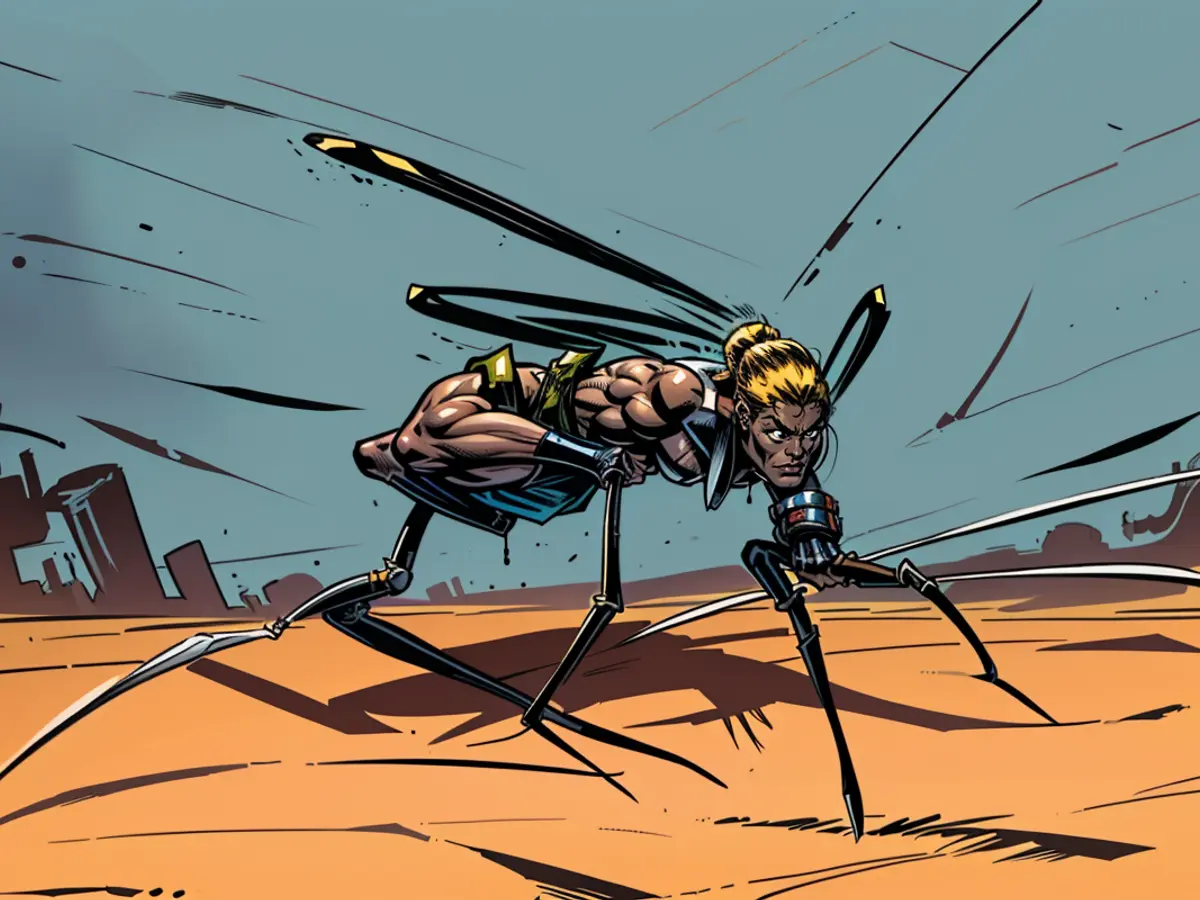Climate change prompts an increase in mosquito-related illnesses, EU official warns.
"Climate change is making it easier for invasive mosquitoes to spread and infect people with diseases like Dengue in regions that were previously unaffected, notes ECDC Director Andrea Ammon during a press event. These insects are able to thrive in warmer temperatures and survive during milder winters, allowing them to expand their territory. In fact, the mosquito species Aedes albopictus, known for transmitting dengue, chikungunya, and zika viruses, is joining forces with self-sustaining populations in a record-breaking 13 of the studied countries.
Last year, the ECDC reported 713 instances of West Nile virus infections, 67 of which resulted in fatalities. These cases were tracked across nine EU countries. However, this number jumped to 123 regions hit by West Nile virus infections in 2023, the most since 2018. This virus is spread by the native European mosquito species Culex pipiens - found in all the countries involved in the study.
With the arrival of the mosquito species Aedes aegypti, which can transmit dengue, chikungunya, zika, and yellow fever, the risk of mosquito-borne diseases is on the rise. This particular species settled in Cyprus and some areas close to the European Union, such as the Portuguese island of Madeira."
To mitigate these potential public health threats, the ECDC suggests taking a proactive approach. Distributing insect nets and mosquito repellent is a vital step. Additionally, taking simple actions, such as removing water puddles and standing water on balconies and gardens, can help minimize the risk of mosquito breeding grounds. These measures, when operated collaboratively, can reduce the impact of mosquito-borne diseases within Europe.
Read also:
The EU authority, ECDC, warns that climate change facilitates the spread of invasive mosquitoes, increasing risks of diseases like Dengue in previously unaffected regions of Europe. Andrea Ammon, ECDC Director, highlights how mosquitoes thrive in warmer temperatures and survive milder winters, enabling them to expand their territories. In 2023, there were 123 regions afflicted by West Nile virus infections, surpassing the 2018 count.
The virus, transmitted by the native European mosquito species Culex pipiens, was recorded in nine EU countries in 2022, with 67 fatalities resulting from 713 infections. Mosquitoes like Aedes albopictus, responsible for transmitting dengue, chikungunya, and zika viruses, are establishing self-sustaining populations in 13 European countries.
Liechtenstein, Norway, and Iceland are among the countries affected by these invasive mosquito species, posing potential public health threats. To counteract these risks, the ECDC advises distributing insect nets and mosquito repellent, promoting actions like removing water puddles to limit mosquito breeding grounds. Collaborative efforts can help reduce the impact of mosquito-borne diseases within Europe.
Aedes aegypti, a species capable of transmitting dengue, chikungunya, zika, and yellow fever, has settled in Cyprus and areas near the EU, further exacerbating the issue. As climate change continues to foster ideal conditions for mosquitoes, it is crucial for European nations to prioritize preventing the spread of mosquito-borne diseases.
Additionally, European countries should consider introducing preventive measures to mitigate potential public health threats associated with mosquitoes and the diseases they transmit. The joint efforts of EU institutions and national governments can contribute significantly to safeguarding public health and maintaining a healthy environment for Europe's growing population. These initiatives need to be incorporated into national and EU-wide public health policies, so the future generations can live in a safer environment, free from the threats posed by climate change and mosquito-borne diseases.







